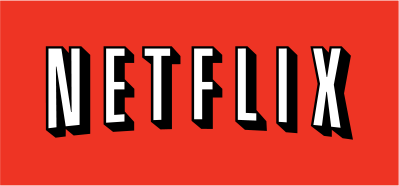Today, on Netflix’s third quarter investor call, Netflix co-founder and CEO Reed Hastings and CFO David Wells addressed the issue of Netflix’s brand recovery — something many Netflix users and investors were eager to hear about.
Last year was a time Netflix would like to forget, as its Qwikster rebranding, pricing changes and awful PR led to an exodus of users leaving the service. However, in the second quarter, the company returned to profitability and again beat expectations in its third quarter earnings, which were released today.
On the investor call, Hastings also said that that growth was “within the range of guidance from a year ago, although not from Q1,” which he attributed to being more of a “forecasting error” than a result of stunted growth overall. While Netflix has seen stronger growth abroad as it expands its service across Europe, South America and beyond, its subscription numbers in the U.S. appear to have been lagging in comparisons to forecasts, which came in it at the lower end of expectations laid out earlier this year. (Netflix added 1.16 million subscribers in Q3, compared to a forecast of 1 to 1.8 million new additions.)
However, Netflix grew by 5 million subscribers in the U.S. this year and Hastings said that the company “felt good about that” and that it continues to be one of the strongest players in the space. This in spite of the fact that Netflix lowered its own forecast by two million subscribers — the “forecasting error” Hastings was referred to during the investor call.
He also was optimistic about the potential growth next year, thanks to the arrival of its original content and said that every household in the U.S. will become an “Internet household” over the long-term, which will continue to mean good things are ahead for streaming providers like Netflix.
The CEO also said that the company had “made substantial progress and feels good about its original content additions, in particular Arrested Development.” Management believes that Arrested Development’s brand — i.e. its popularity among younger crowds — will bolster the brand. This is especially important considering that the Qwikster fiasco and pricing changes saw Netflix lose droves of customers in this very demographic.
For those unfamiliar, Netflix is bringing Arrested Development out of retirement, developing it as part of its own original content initiative. Today, Anthony wrote about the ongoing concerns over its original content, which it plans to ramp up next year, after spending most of this year focused on international expansion. In its letter to shareholders, Netflix offered assessments of its major competitors, including Amazon, Hulu, and HBO, talking up the value of its exclusive content deals in comparison to its competitors.
In spite of overestimating the market when management split its business into streaming and DVD (i.e. Qwikster), management continues to tow the line in relation to its bet on consumers’ continued transition from consuming content on DVD to consuming that content via web-based streaming providers.
“That outlook has not changed,” Hastings concluded.
